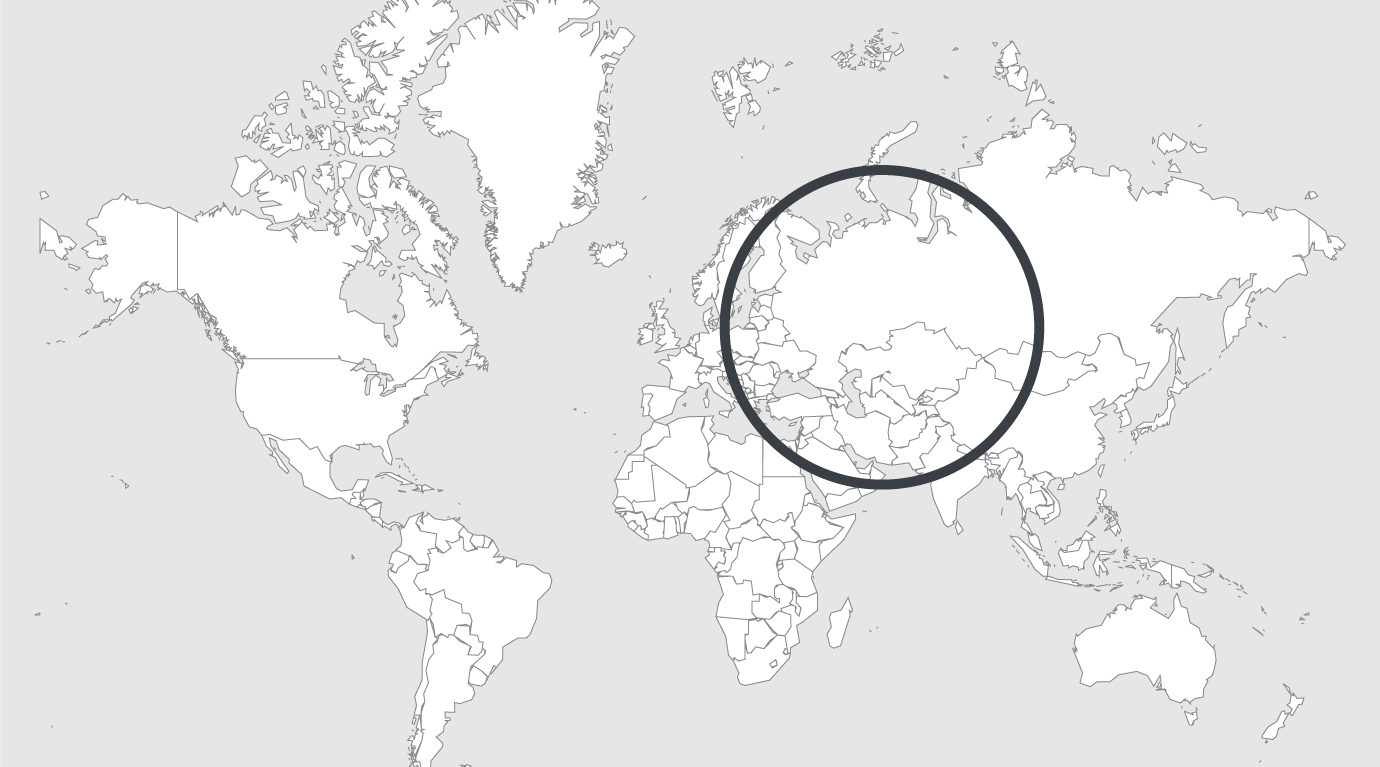
Explore
Azerbaijan: punished in and out of prison
Former detainees face routine threats and intimidation
Political prisoners in Azerbaijan say that they are often subject to harassment and persecution that lasts for years even after their release from jail.
Zaur Qurbanli, a member of the NIDA youth movement, was detained in 2013 on charges of carrying a firearm. It was a part of a wave of arrests of individuals for their political views and activism. He said he had been unable to find a job since his release.
“I still can’t determine whether this is a single order or a fear [on the part of] employers,” he said. “I have been out of prison for more than five years and have applied for jobs in at least 50 companies, but they don’t accept me. In many of them I even passed the interview stage, we have already come to the issue of dress code and other work issues. In the end, when the security phase comes, they refuse to hire you if you were a political prisoner.”
Qurbanlı says that the lack of a stable job has put him and his family under severe psychological pressure.
“Already, because I was kidnapped three times [by the authorities], if I don’t answer my phone or it doesn’t ring, everyone becomes worried,” he continued. “There is constant tension, for example, even when there is pressure on another political prisoner, my family members force me to close my social network account. As long as this government exists, we will always live in fear.”
Ilkin Rustamzadeh, another NIDA member who was arrested alongside Zaur in 2013, said that he continued to receive frequent death threats as well as warnings that he will be imprisoned again.
“There is a disgusting campaign against me,“he explained. “Fake profiles are posted on various sites in my wife’s name, indecent photos are shared or statuses are posted. They hold regular hearings and try to destroy my social media accounts. It is psychologically difficult. I often change my mobile number, but they still find it and write, ‘Shut up, don’t write anything on Facebook, or we will kill you or you will be arrested’.”
This harassment had led to additional hardships, Rustamzadeh continued. Internet providers had refused to install services in his home, and once a landlord evicted them as he was afraid to have a former political prisoner in his apartment.
Other dissidents are subjected to repeat imprisonment. Tofig Yagublu, a member of the Musavat party, was released from a three-year prison term in 2016 only to be re-arrested in 2019 for protesting. In March 2020, he was sentenced to five years in prison for supposed slander during a car accident.
Yagublu’s daughter, Nigar Hazi, said that even when her father was free, the local police would frequently harass them.
“Our family is used to pressure and threats,” she said. “My father was repeatedly warned by the police. When there is a protest, a post is set up around our house a few days before the protest, the local police threaten [my parents] or they take them inside for a few hours and try to intimidate them.”
Political commentator Rauf Mirkadirov said the government routinely harassed those people it was unable to control.
“Unfortunately, recent events prove that the government is trying to build a society that is completely obedient and even praises them,” he said. “Therefore, the strongest argument in this situation is fear… [Azerbaijan]… is supposedly a democracy, but the government is a dictatorship. And, unfortunately this authoritarian rule is not aimed at society, but at the longevity of the Aliyev family,” he concluded.
Elman Fattah, a member of the Musavat party’s board said that government intimidation was ulitmately destined to fail.
“Our political history is rich in events such as the expulsion of opposition youth from companies, the dismissal of teachers and so on,” he continued. “The government thinks that what motivates people is their income. If revenues are cut, the process will be weak. The temptation is to make promises to political prisoners who have not yet been arrested or who have already been imprisoned.”
As an example, he pointed to lawmaker Faraj Guliyev, who was imprisoned for nine years for his political views but was “now one of the most serious defenders of the government”.
Others who maintained their stance, Fattah said, “continue to face such pressures even when they are free, not just inside”.
According to the latest list compiled by the Baku Human Rights Club, there are more than 100 political prisoners in Azerbaijan. The club’s head, lawyer Rasul Jafarov, said that there was a clear policy of persecution.
“The treatment of politically minded people in Azerbaijan, both before and after arrest, depends on political will,” he said. “More than a dozen cases have been settled in the European Court, which has confirmed the existence of a purely political motive. The issue has not been resolved at the root. For this, the political will must change. First, people should not be persecuted after being arrested or released. The second key issue is the release of all prisoners in prisons. If these two steps are taken, we can declare that the problem of political prisoners in Azerbaijan has been resolved,” Jafarov said.
However, the authorities not only deny that dissent is punished but even assert that there are no political prisoners in Azerbaijan. As recently as May 1, President Ilham Aliyev said that no one in the country should be persecuted for their political views or beliefs.
